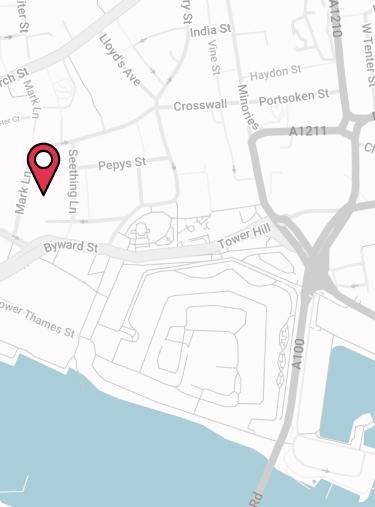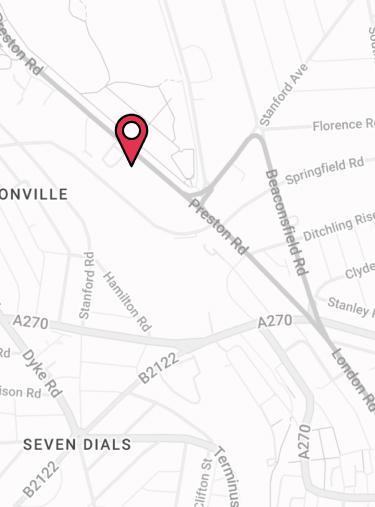How Long Should Keyman Insurance Last?
I’m looking to take out Key Man Insurance to protect my business should anything happen to me. However, I’m not sure how long I’ll need the cover for. There seem to be various different terms available — how do I know what’s right for me?
You’re correct — Key Person Insurance protects a business against the risk of a ‘key’ staff member either passing away or suffering a critical illness.
Should this happen, the business receives a lump sum to help it cope with a range of difficulties, such as loss of profits and the cost of hiring and training a replacement.
How Long Should Keyman Insurance Last?
How long Keyman Insurance should last (the ‘term’ of the insurance) will vary. It depends on your company’s needs but also, crucially, how long you expect the insured to be key to the company.
The minimum term of Key Man Insurance is usually 5 years. However, terms of 10 and 15 years are also possible.
While it’s true that the Anderson Rules, which partly govern the taxation of Keyman Insurance, dictate that cover shouldn’t last beyond an individual’s usefulness to the company, the rules don’t stipulate how long this usefulness can be.
Many people expect to remain key to their business for a long time. For example, you might continue to be the key driver of growth throughout your time at the company.
This may be because you expect the company to remain small without many other people to rely on. Alternatively, you may not see your role within the business changing much for the foreseeable future.
Should I Opt for the Minimum or Maximum Key Man Insurance Term?
It’s true that it’s initially cheaper to opt for the minimum term with Key Person Insurance. A 5 year policy will be cheapest.
This is because it represents a lower risk of you dying or becoming critically ill during your time insured. Compare this to a 15 year policy, which will cover you for three times as long and to an older age.
However, if you’re still key to the business after an initial 5 year period ends, you could face more expensive premiums when you re-apply.
This will be because you’re 5 years older and may have suffered medical conditions during the term of the elapsed policy that make securing cover more expensive.
On the other hand, opting for guaranteed premiums on a 10 or 15 year policy will lock in premiums at your current rate for 10 or 15 years. You won’t have to renew your policy as often, which could end up being cheaper in the long run.
Frequently Asked Questions
How Do I Value My Company Shares for Shareholder Protection Insurance?
Is Group Life Insurance the Same as Death in Service?
How Much Tax Relief Do You Get With a Relevant Life Policy?
What's the Difference Between Group Life and Individual Life Insurance?
What Is The Eligibility Criteria For Relevant Life Insurance?
Contact Us
125-135 Preston Road
Brighton
BN1 6AF
Cookies
Drewberry™ uses cookies to offer you the best experience online. By continuing to use our website you agree to the use of cookies including for ad personalization.
If you would like to know more about cookies and how to manage them please view our privacy & cookie policy.



